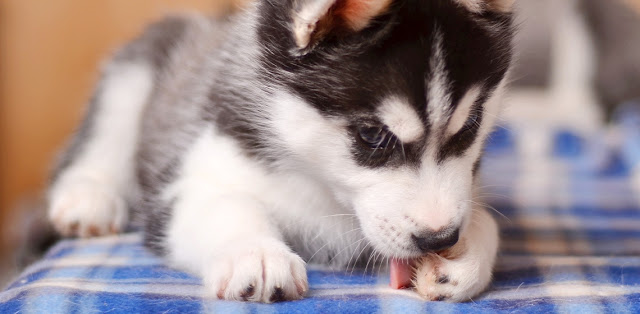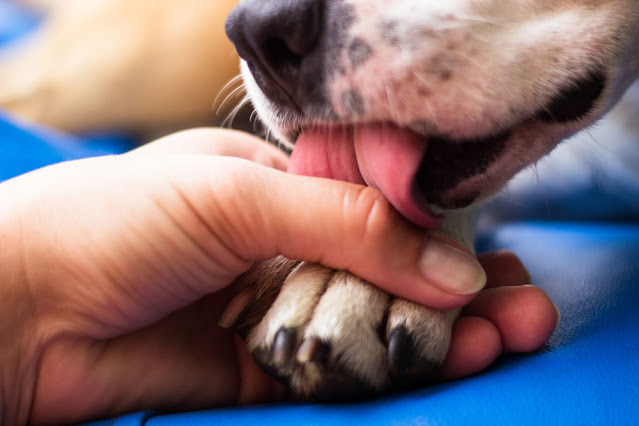Dogs are known for their peculiar habits, and one common behavior that often perplexes pet owners is paw licking. This article aims to delve into the reasons behind why dogs engage in this behavior and what it might indicate about their health and well-being.
Understanding Paw Licking in Dogs
Paw licking is a natural behavior among dogs. However, when this action becomes excessive or obsessive, it might signify an underlying issue that requires attention.
Causes of Paw Licking
Several reasons prompt dogs to lick their paws, ranging from environmental factors to health issues. Understanding these causes is essential in determining the appropriate course of action.
Normal vs. Excessive Licking
Differentiating between normal grooming behavior and excessive paw licking is crucial. Recognizing when the behavior deviates from the norm helps in identifying potential concerns.
Health Factors Related to Paw Licking
Allergies and Skin Irritations
One prevalent cause of paw licking in dogs is allergies, which could stem from various sources like food, pollen, or environmental factors. Constant licking may indicate skin irritations resulting from allergic reactions.
Infections and Injuries
Infections or injuries to the paws can trigger licking as a natural response to alleviate discomfort. Understanding these possibilities is vital in addressing the root cause.
Behavioral Reasons for Paw Licking
Anxiety and Stress
Dogs may resort to licking their paws as a coping mechanism for anxiety or stress. Recognizing behavioral triggers is essential to address underlying emotional issues.
Boredom and Habitual Behavior
Boredom or habitual licking might manifest in dogs lacking mental stimulation or engaging activities. Providing mental enrichment can curb such behavior.
Preventive Measures to Reduce Paw Licking
Regular Grooming and Hygiene
Maintaining proper grooming practices and keeping the paws clean helps minimize potential irritants, reducing the likelihood of excessive licking.
Dietary Adjustments and Environmental Changes
Adjusting the dog's diet to meet its nutritional needs and ensuring a suitable environment can positively impact behavior and reduce paw licking tendencies.
Seeking Veterinary Assistance
When to Consult a Vet
Persistent or escalating paw licking warrants professional evaluation. Understanding when veterinary assistance is necessary is crucial for timely intervention.
11111
Treatment Options and Management
Veterinary professionals can suggest treatment options or management strategies, including medications, behavior modification, or specialized care to address underlying issues.
Conclusion
Understanding why dogs lick their paws encompasses various factors, including health, behavior, and environmental triggers. Recognizing the reasons behind this behavior empowers pet owners to address underlying concerns effectively.
Also Read - Why Do Dogs Eat Grass?
FAQs
1. Can paw licking be a sign of a serious health issue?
Paw licking can sometimes indicate underlying health concerns, and persistent licking should prompt a visit to the vet for evaluation.
2. How can I tell if my dog's paw licking is excessive?
Excessive licking often leads to redness, inflammation, or hair loss on the paws. Monitoring your dog's behavior and consulting a vet if you notice changes is advisable.
3. Are there home remedies to alleviate paw licking in dogs?
While regular grooming and environmental changes can help, it's essential to consult a vet for suitable remedies tailored to your dog's specific condition.
4. Can anxiety cause paw licking in dogs?
Yes, anxiety or stress can lead to excessive paw licking. Addressing the root cause of stress can help reduce this behavior.
5. Should I be concerned if my dog suddenly starts licking its paws excessively?
Sudden changes in behavior warrant attention. Monitoring your dog's licking habits and seeking vet advice if it persists is advisable.


